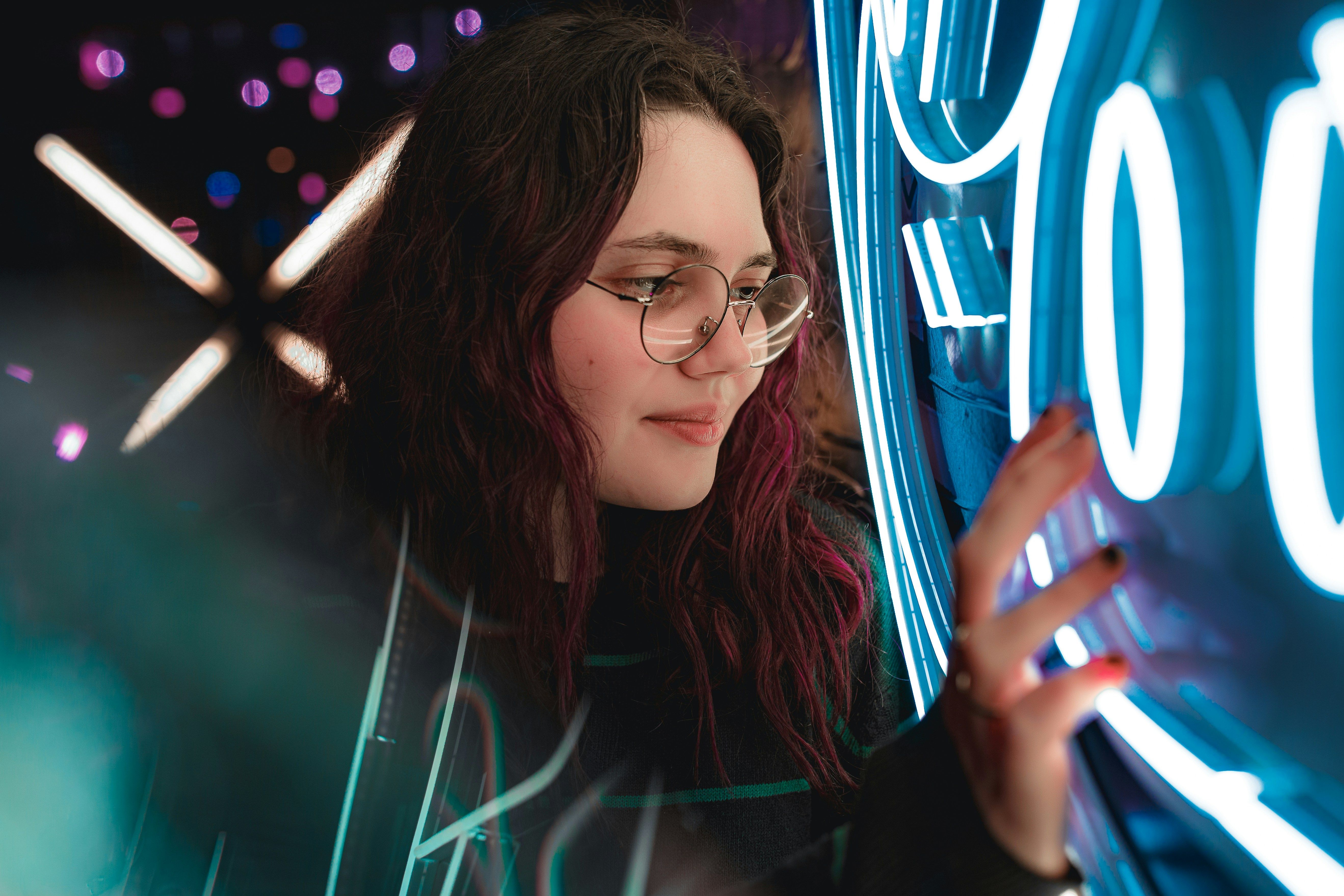Transforming K-12 Education with AI: Personalizing Learning for the 21st Century
)
Imagine a classroom where every student receives a learning experience tailored just for them. With the power of AI, this dream is becoming a reality. By leveraging AI-powered tools, educators can create personalized learning environments that enhance student engagement, improve outcomes, and close achievement gaps.
In this article, we'll dive into the exciting world of AI-powered personalized learning, explore real-world examples of cutting-edge tools, and uncover practical strategies you can implement in your school today.
Powering Personalized Learning Experiences
AI-powered tools act like personal learning guides, adapting content and instruction in real-time to ensure that every student is challenged and supported. Say goodbye to one-size-fits-all learning! With AI-powered personalized learning, students receive the perfect balance of challenge and support, leading to increased engagement and better outcomes.
Enhancing Student Engagement
Forget boring textbooks and irrelevant lessons. AI-powered personalized learning tools deliver content that's tailored to each student's interests and needs, sparking curiosity and boosting engagement. From gamified challenges to interactive simulations, AI-powered learning tools make education fun and exciting. These tools provide instant feedback and rewards, motivating students to keep learning and growing.
Platforms like Prodigy Math Game leverage AI to create a fun and interactive learning environment where students solve math problems to progress in an adventure game. This approach keeps students motivated and engaged, helping them develop a positive attitude toward learning.
Timely and Targeted Interventions
AI acts like an early warning system, helping educators identify struggling students and provide targeted support before they fall behind. By pinpointing learning gaps and identifying at-risk students early, AI-powered tools empower teachers to take proactive action, addressing issues before they escalate.

For instance, the AI-driven platform Sown to Grow helps educators monitor student well-being and academic progress through regular check-ins and data analysis. By flagging students who may be struggling, the platform enables teachers to provide necessary interventions and support, promoting better academic and emotional outcomes.
AI-Assisted Learning Tools to Integrate this Year
1. Century Tech
Century Tech is an AI-powered learning platform that combines learning science, AI, and neuroscience to create personalized learning experiences. The platform assesses students’ knowledge, skills and gaps in real-time, providing tailored recommendations for each student.
Century Tech’s AI engine continuously learns from student interactions, offering adaptive pathways that guide students through their learning journey.
2. Knewton Alta
Knewton Alta is an adaptive learning platform that uses AI to provide personalized support in subjects like math, chemistry, and statistics. The platform analyzes student performance data to deliver customized learning experiences, ensuring that each student receives the right level of challenge.
Knewton Alta’s adaptive technology identifies knowledge gaps and provides targeted practice to help students master difficult concepts. The platform’s continuous feedback loop allows educators to track student progress and adjust instruction accordingly.
3. Querium
Querium uses AI to provide personalized tutoring in STEM subjects. The platform’s AI tutor, StepWise, offers step-by-step guidance and instant feedback on problem-solving tasks, helping students learn at their own pace.
StepWise adapts to each student’s learning style and needs, providing hints and explanations tailored to their progress.
4. Smart Sparrow
Smart Sparrow is an adaptive learning platform that allows educators to create personalized learning experiences through interactive lessons and simulations. The platform’s AI engine analyzes student interactions and adapts content in real-time, ensuring that each student receives a customized learning experience.
Smart Sparrow’s adaptive learning technology supports a wide range of subjects, from biology to business, making it a versatile tool for personalized instruction. Educators can use the platform to design lessons that address diverse learning needs and preferences.
The Future of Personalized Learning: What's Next?
As AI technology advances, its capacity to revolutionize personalized curricula will continue to expand. Emerging trends such as AI-driven virtual tutors, advanced data analytics, and immersive learning experiences through augmented and virtual reality hold promise for further enhancing education.
Virtual Tutors and AI Assistants
Imagine having a 24/7 tutor available to every student. AI-powered virtual tutors provide personalized support anytime, anywhere, helping students overcome challenges and achieve their goals. These virtual assistants can offer personalized feedback and guidance, extending the reach of teachers and supporting student learning at any time.
Platforms like Third Space Learning use AI to connect students with online tutors who provide tailored instruction based on student needs.
Unlocking Deeper Insights with AI
Advanced data analytics powered by AI can offer deeper insights into student performance and learning patterns. Predictive analytics can help educators anticipate student needs and implement proactive interventions, while sentiment analysis can provide insights into student engagement and well-being.

By leveraging advanced data analytics, schools can create more responsive and adaptive learning environments that address the evolving needs of students.
Immersive Learning Experiences
From virtual field trips to interactive simulations, AR/VR technologies transport students to new worlds, sparking curiosity and deepening understanding. These technologies allow students to explore complex concepts in highly interactive and engaging ways.
For example, zSpace offers AR/VR experiences that enable students to explore scientific concepts through virtual dissections and simulations. This hands-on approach helps students grasp difficult concepts and develop critical thinking skills.
How Far Can Your School Go with AI?
AI-powered personalized learning is more than just a trend – it's the future of education. By embracing this technology, you can create a learning environment where every student feels seen, heard, and empowered to succeed. By leveraging AI, educators can create engaging, effective, and inclusive learning environments that improve student outcomes.
Successfully integrating AI into education demands strategic planning, continuous professional development, and a steadfast commitment to ethical practices. By embracing these strategies, schools can harness the power of AI to transform personalized learning and prepare students for success in the 21st century.
For further reading, resources and 2025 FETC Conference information, visit www.fetc.org.
